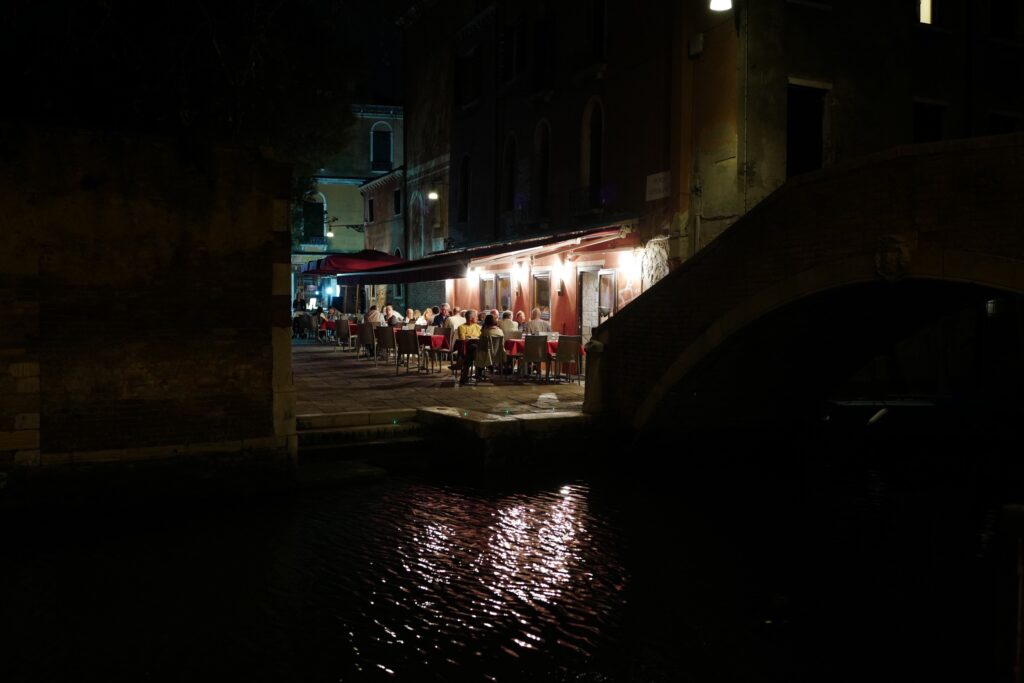Get a move on mate, I’m hungry too

My wildlife photography is improving — slowly — thanks to advice from readers like Jonathan Potter (for which many thanks).
The madness of war seeps into everything
Jan Dalley had a thoughtful column in the weekend edition of the Financial Times about how we in the West are tarring everything Russian (including musicians and artists who have nothing to do with Putin or the war) with the same brush.
She points out that that is an old, old story. “During the First World War,” she writes,
”there were society ladies in London whose proud anti-German war work was to stroll in the Park every day and throw stones at dachshunds”
We will be going abroad for part of the Summer and so on Saturday we went to see a cattery where our cat might spend a week or two. As we talked to the proprietor about the post-pandemic increase in demand for ‘cat hotels’, she remarked that some people are now taking against Russian Blues.
This is madness. I feel particularly strongly about it because many years ago we had a wonderful Russian Blue called (in homage to the Marx Brothers), Harpo. He died because he was hit by a car on one of his nocturnal expeditions, but he left a gap in our lives which we felt for years afterwards. And although he was quite territorial he wasn’t in the least interested in politics!
Quote of the Day
”Technology is the knack of so arranging the world that we don’t have to experience it.”
- Max Frisch (and not, as I had mistakenly thought — until more erudite readers put me right — Martin Heidegger)
Musical alternative to the morning’s radio news
Everybody Hurts (Ya Rab) – Sachal Studios Orchestra
This unusual performance of a lovely REM song (which I had highlighted last November) was suggested by Neil Sequeira. I’d never heard of Sachal Studios Orchestra and so went searching. It’s described as “the only orchestra in Pakistan that plays live and tours internationally”. Apparently it first became famous after recording a fine version of Dave Brubeck’s Take Five. And it seems to be entirely made up of chaps, which may or may not tell one something about the musical scene in Pakistan.
I still much prefer the Glastonbury performance by REM, though.
Long Read of the Day
In a World on Fire, Stop Burning Things
Great, long New Yorker essay by Bill McKibbin.
Burning fossil fuel has driven the temperature of the planet ever higher, melting most of the sea ice in the summer Arctic, bending the jet stream, and slowing the Gulf Stream. And selling fossil fuel has given Putin both the money to equip an army (oil and gas account for sixty per cent of Russia’s export earnings) and the power to intimidate Europe by threatening to turn off its supply. Fossil fuel has been the dominant factor on the planet for centuries, and so far nothing has been able to profoundly alter that. After Putin invaded, the American Petroleum Institute insisted that our best way out of the predicament was to pump more oil. The climate talks in Glasgow last fall, which John Kerry, the U.S. envoy, had called the “last best hope” for the Earth, provided mostly vague promises about going “net-zero by 2050”; it was a festival of obscurantism, euphemism, and greenwashing, which the young climate activist Greta Thunberg summed up as “blah, blah, blah.” Even people trying to pay attention can’t really keep track of what should be the most compelling battle in human history.
So let’s reframe the fight. Along with discussing carbon fees and green-energy tax credits, amid the momentary focus on disabling Russian banks and flattening the ruble, there’s a basic, underlying reality: the era of large-scale combustion has to come to a rapid close. If we understand that as the goal, we might be able to keep score, and be able to finally get somewhere. Last Tuesday, President Biden banned the importation of Russian oil. This year, we may need to compensate for that with American hydrocarbons, but, as a senior Administration official put it,“the only way to eliminate Putin’s and every other producing country’s ability to use oil as an economic weapon is to reduce our dependency on oil.” As we are one of the largest oil-and-gas producers in the world, that is a remarkable statement. It’s a call for an end of fire.
It’s an interesting and informative essay. The key insight is that renewable energy is now cheaper than fossil fuel, and becoming more so. So a determined transition to renewable energy would save the world twenty-six trillion dollars in energy costs in the coming decades. Which is precisely the opposite of what everyone assumes — that a green transition would be an unbelievably expensive undertaking.
Is Google’s domination of the internet finally over? Search me…
Yesterday’s Observer column:
For seasoned users of the internet, the chronology of our era divides into two ages: BG and AG – before and after Google. The year 1998 marks the dividing line. Before then, as the web expanded exponentially, a host of “search engines” had attempted to provide searchable indexes to it. The best of them was AltaVista, which launched in 1995 and provided the first searchable, full-text database of the web via a simple interface. It was the engine that I and most of my colleagues used until one fateful day in 1998 when an even starker webpage appeared with a simple text box and almost nothing else except the name Google. And from the moment you first used it, there was no going back.
Why? Because Google used an original way of ranking the relevance of the results turned up by a query. It effectively conducted an automated peer review of websites. The more webpages linked to a particular site, the more relevant it was likely to be and so it was given a higher ranking. The algorithm, dubbed PageRank, which did this was the foundation on which Google’s domination of the internet search was built.
The reason Google swept all before it was that its ranking system seemed objective: it just counted links and ranked accordingly…
Well, of course that was then and this is now. Read on.
Christopher Alexander RIP
The great design theorist passed away on Thursday. A Pattern Language, the hypertext book he wrote with a group of his students and colleagues, changed the way not just architects thought about design, but also influenced some software engineers over the years. At the core of his thinking was the idea that most of the wonderful places of the world were not made by architects, but by the people who inhabit them. I first came on his ideas when involved in a row with the ‘architects’ of a huge public-sector computing system which would have to work for decades after it was commissioned. What was striking was that none of its designers were thinking about how the needs of its future users might change over the lifetime of the system. They reminded me of Corbusier and his delusion that houses are “machines for living in”.
This Blog is also available as a daily email. If you think that might suit you better, why not subscribe? One email a day, Monday through Friday, delivered to your inbox. It’s free, and you can always unsubscribe if you conclude your inbox is full enough already!










